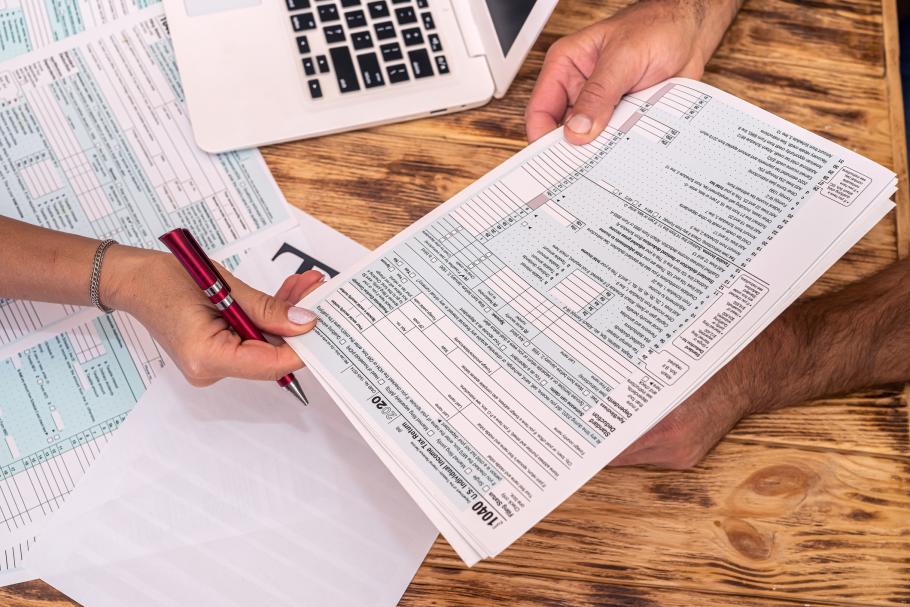What are the Penalties for Not Filing or Paying Taxes Under the Internal Revenue Code?
The Internal Revenue Code (IRC) is a comprehensive set of laws that govern the taxation of individuals and businesses in the United States. Filing and paying taxes on time is a legal obligation for all taxpayers, and failure to comply can result in severe consequences, including penalties, interest, and even criminal charges.

Penalties For Not Filing Taxes
Failure to File Penalty
- The failure to file penalty is a percentage of the tax liability that should have been reported on the tax return.
- The minimum penalty is $435, and the maximum penalty is 25% of the tax liability.
- There are some exceptions and relief options available, such as reasonable cause and first-time penalty abatement.
Failure to File Information Returns
- Penalties for not filing information returns, such as Forms 1099 and W-2, can be significant for both individuals and businesses.
- The specific information returns affected and the amount of the penalty vary depending on the type of return.
- Failure to file information returns can also impact tax refunds and lead to additional penalties.
Penalties For Not Paying Taxes
Failure to Pay Penalty
- The failure to pay penalty is a percentage of the unpaid tax.
- The minimum penalty is 0.5% per month, and the maximum penalty is 25% of the unpaid tax.
- There are abatement and waiver options available in certain circumstances.
Failure to Pay Estimated Taxes
- Penalties for not paying estimated taxes apply to individuals and businesses that are required to make estimated tax payments during the year.
- The penalty is calculated based on the amount of underpayment and the length of time the taxes were unpaid.
- Underpayment penalties can be significant, especially for taxpayers who have large amounts of income that is not subject to withholding.
Additional Consequences Of Non-Compliance
Interest on Unpaid Taxes
- Interest is charged on unpaid taxes from the due date of the return until the taxes are paid in full.
- The interest rate is determined by the Internal Revenue Service (IRS) and is adjusted periodically.
- Interest can accumulate quickly and significantly increase the amount owed to the IRS.
Tax Liens and Levies
- The IRS can file a tax lien against a taxpayer's property to secure payment of unpaid taxes.
- A tax lien can affect the taxpayer's credit score and make it difficult to obtain loans or sell property.
- The IRS can also issue a tax levy to seize a taxpayer's property or income to satisfy unpaid tax debts.
Criminal Penalties
- Willful failure to file or pay taxes, fraudulent tax returns, and tax evasion are all federal crimes.
- Criminal tax offenses can result in significant fines, imprisonment, and other penalties.
- The IRS has the authority to investigate and prosecute criminal tax violations.
The penalties for not filing or paying taxes under the Internal Revenue Code can be severe and can have a significant impact on a taxpayer's financial situation and reputation. It is important to seek professional assistance if you are unable to file or pay your taxes on time. There are options available to help resolve tax issues and minimize the consequences of non-compliance. Timely filing and payment of taxes is the best way to avoid penalties and interest.
YesNo

Leave a Reply